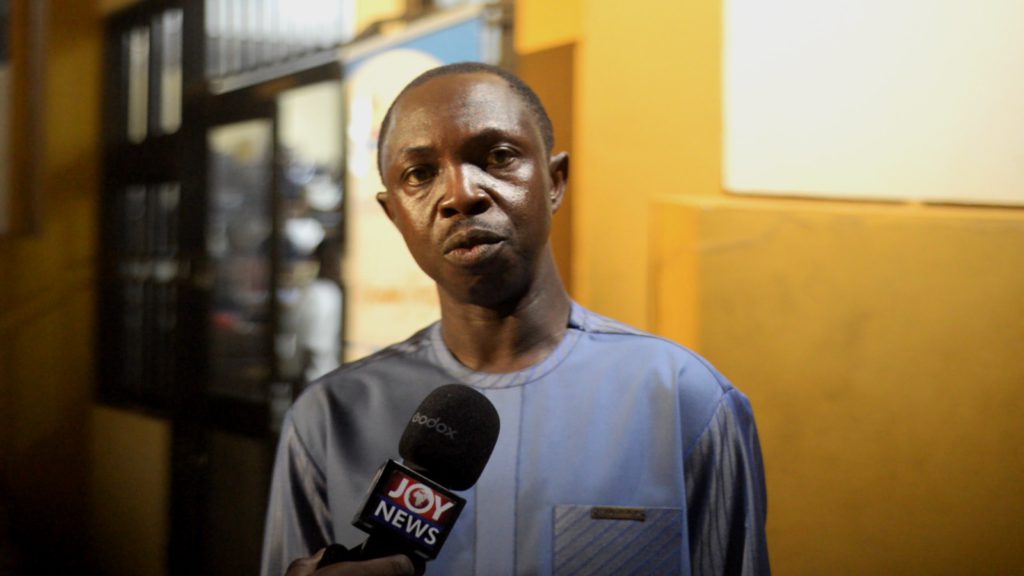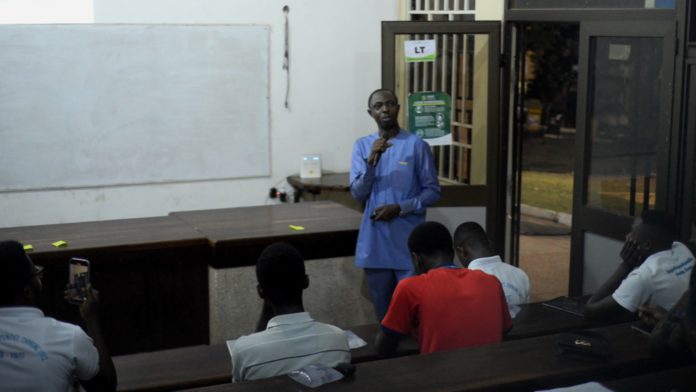Young engineers can make a substantial impact on the country’s development and sustainability goals if they are exposed to practical experience after their engineering education.
Industry experts are advocating the enforcement of real-life experiences and coaching of students to devise practical solutions to confronting community problems.
The ideal fundamentals of engineering are embedded in problem-solving and innovation.
This underscore identifying societal problems and designing relevant solutions to improve lives in struggling communities.
Engineers in Ghana are being encouraged to commit to addressing local challenges by leveraging their education to create location-specific solutions.

Director, Land Management at Ghana Grid Company, Ing. Bismark Anane, has emphasized the need for country-specific relevant solutions.
He says importing solutions from abroad may not be suitable for Ghanaian problems.
“Invocation means we identify societal problems and come up with solutions. That will make life better. They go to remote areas and communities in Ghana, identify problems, and through the education they have had in school, they are able to come up with solutions that are simple and location specific.
“We cannot continue to import solutions from the abroad for a Ghanaian problem. It may not be suitable. Solution must be country specific. And relevant for local problem. And we are having this mentorship and fair to enrich their curriculum so that in studying their focus will be how they can develop solutions and be employable,” he said.
Ing. Bismark Anane made these comments at a career fair for engineering students of the Kwame Nkrumah University of Science and Technology.
The career fair aims to provide mentorship and curriculum enrichment with a focus on developing solutions and enhancing employability among students.
“There is a gap between theoretical and practical experience. Experts share their experience, coach, and support the education of engineering.
“Engagements like this will prepare them well for the industry after graduation. Engineering is about problem-solving solving and we have come this far because of innovation,” Ing. Anane said.

Principal Electrical Engineer at the Electricity Company of Ghana, Ing. Mrs. Alberta Amankwaa added that adequate focus should be channeled to the development of women in engineering.
“Women in engineering are very few. We are less than 10 percent of the work force in engineering. Yet the very few are doing so well and excelling to motivate upcoming engineering graduates.
“It is quite challenging, but these women who are doing so well should be retained in the field. And so it’s important that Engineers know that when they face certain issues, it’s normal,” she added.

